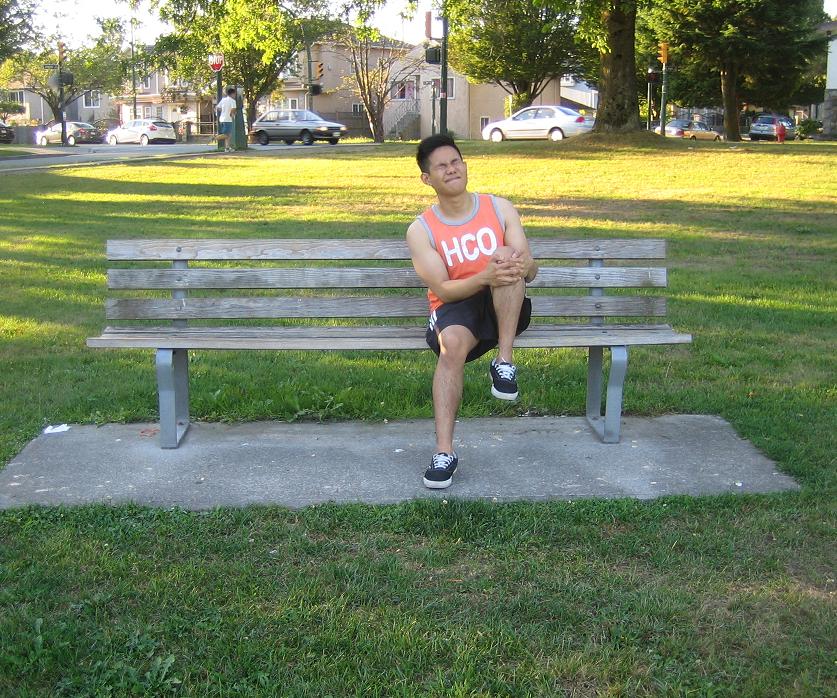Gout is a painful condition of the joints which is a type of arthritis that develops due to the excess buildup of uric acid crystals in the joints. There is sudden pain, swelling and redness of the joint. It usually affects the big toe first, but can also affect other joints such as the knee, wrist and the ankle.
Gout of the knee has symptoms such as sudden swelling, redness, pain and warmth can be felt around the knee joint and there is difficulty in folding the legs and certain movements. Causes of gout can be overindulgence on alcohol, consuming foods that can cause attacks of gout and it can be hereditary.
Causes of gout in the knee
Gout is due to the overload of uric acid in the body. Uric acid is a waste product that the kidney filters and moves out of the body through the urine. There is a normal amount of uric acid in the bloodstream, but in gout, the body produces excess uric acid and not excreted properly. The excess uric acid that spreads in the body will crystallize in the joint of the tissues and the person will experience agonizing pain, swelling and symptoms of gout. Some risk factors that can cause gout in other joints include the following:

- Gout due to heredity. If any member of the family is suffering from this condition, there is a high risk that the children and other members will acquire it as well.
- People ages 40 and above are susceptible to this condition but younger individuals can also develop it.
- Excessive use of alcohol and consumption of foods high in purine content.
Symptoms
- Symptoms of gout usually happen at night when the temperature of the body is low particularly in the joints.
- The pain is agonizing and throbbing with swelling of the joints of the knee.
- It only affects one knee at a time and it is warm and tender when touched. There is difficulty in moving the legs and the person may have a mild fever.
- If untreated, it will heal after a few days or week and may recur from time to time.
Treatment and home remedies
- Rest the affected knee to minimize swelling, avoid doing excessive walking since it will make the condition worse.
- Apply an ice pack to minimize the swelling and pain. Make sure that the ice pack is wrapped with a face cloth before applied to the knee.
- Drink plenty of fluids in order to prevent the accumulation of excess uric acid crystals which can also cause a kidney stone.
- Try to control the body weight by eating a planned diet to help relieve the symptoms. Eat a variety of vegetables and fruits especially potassium which helps in eliminating uric acid by keeping the urine alkaline and cherries can also help reduce the blood uric acid.
- Immerse the knee in warm water that is mixed with Epsom salt since it will help relax the aching muscles and to relieve pain.
FACT CHECK
https://www.medicinenet.com/gout_gouty_arthritis/article.htm
https://www.webmd.com/arthritis/gout-attacks-at-home#1
https://www.nhsinform.scot/illnesses-and-conditions/muscle-bone-and-joints/conditions/gout
